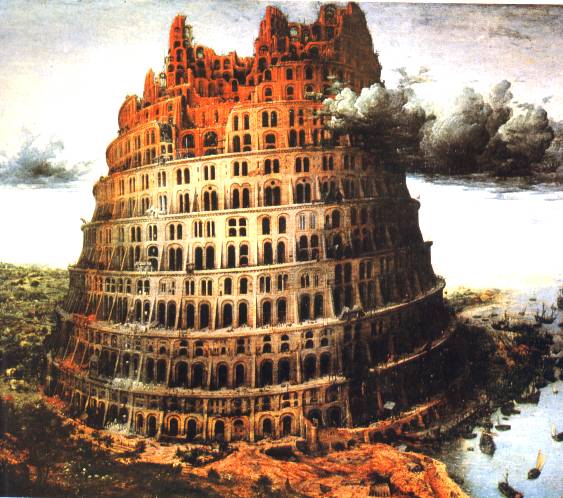A hard lesson in Internet values, and the Internet's value

I wrote from memory rather than checking out the history of Symphony and Open Office.
What happened next reinforced my original point, but also demonstrated what a sea change the Internet has made, and continues to make, in how we live and work.
First came a flood of comments saying I was wrong. But then came private e-mails pointing out where the facts were, specifically Wikipedia.
Wikipedia is easily criticized. It's weak where there's controversy, because people on either side of an argument have their own version of the facts. It's weak where interest in something is low, as sloppy work doesn't get corrected.
But elsewhere it's strong (and not just on Japanese manga). In areas like the history of Lotus Symphony, it's very strong. Not only is the entry well-written, but it's heavily supported by link references to press releases and online articles.
Even without a good Wikipedia entry, of course, a reporter can Google a ton of background on just about anything before calling anyone, conducting interviews, or writing a story or blog post.
We can argue about the accuracy of that background, just as we can argue the accuracy of Wikipedia, but in fact everyone's work can now start from a higher base of knowledge than ever before.
I was reminded of this recently when I decided to help my daughter with some career counseling. The wealth of easily-accessed material on nearly any subject online is staggering.
Which brings us back to the topic of open source, because what's true in text is also true in code. It's not just the vast amount of material available, but the vast amount of cataloging that goes on about it, making simple keyword searches incredibly powerful.
The question I asked yesterday about Symphony and Open Office is, if anything, more relevant than before, since Symphony does share a code base with Open Office. Would the depth and reach of Open Office be greater if Symphony were folded into it?
But there's another question we can ask as well. Does the contention of ideas the Internet represents lead us to one authoritative set of facts, or is it becoming the 21st century's own Tower of Babel?
I tend toward the former view. Your corrections strengthen it.
